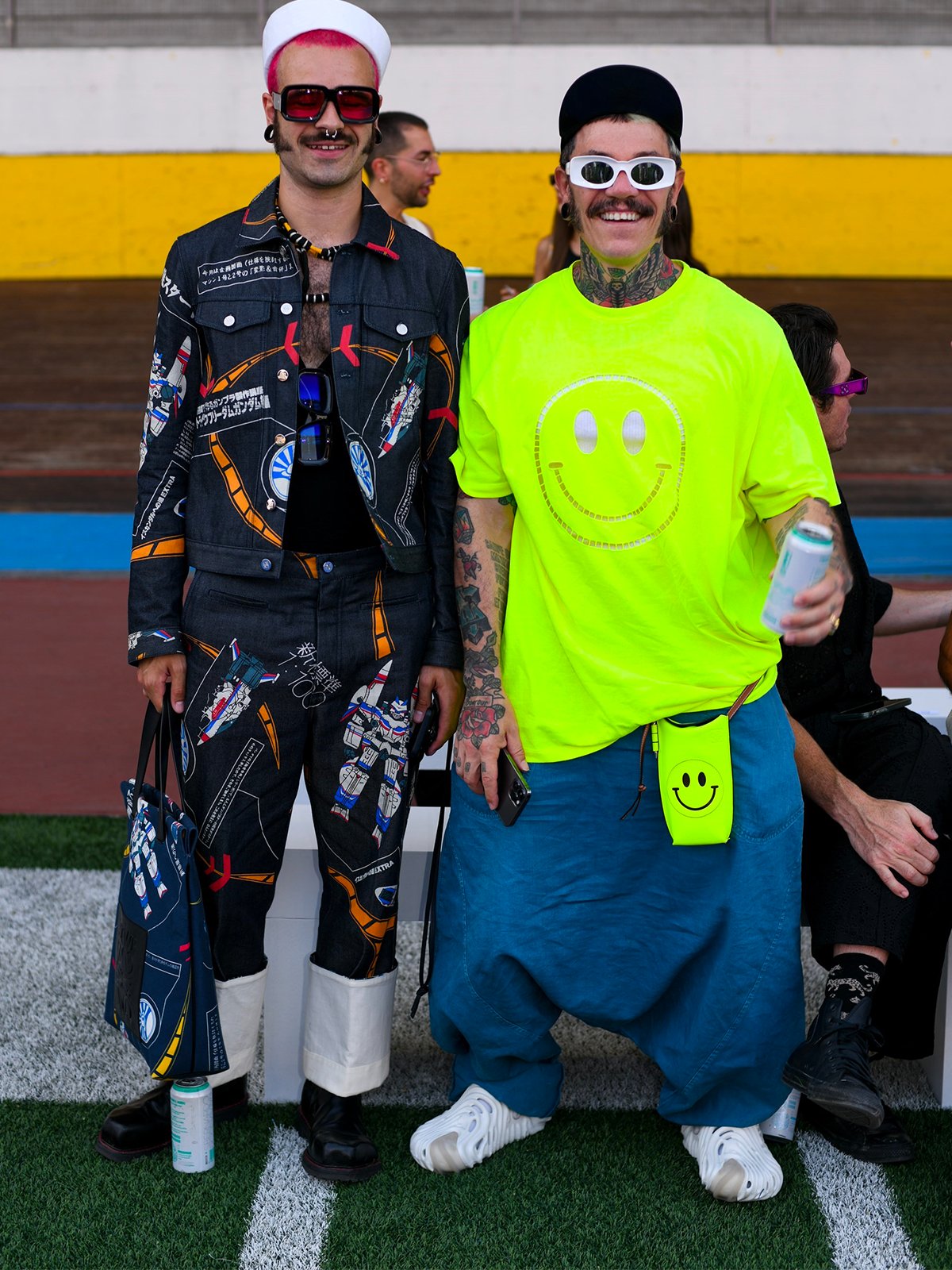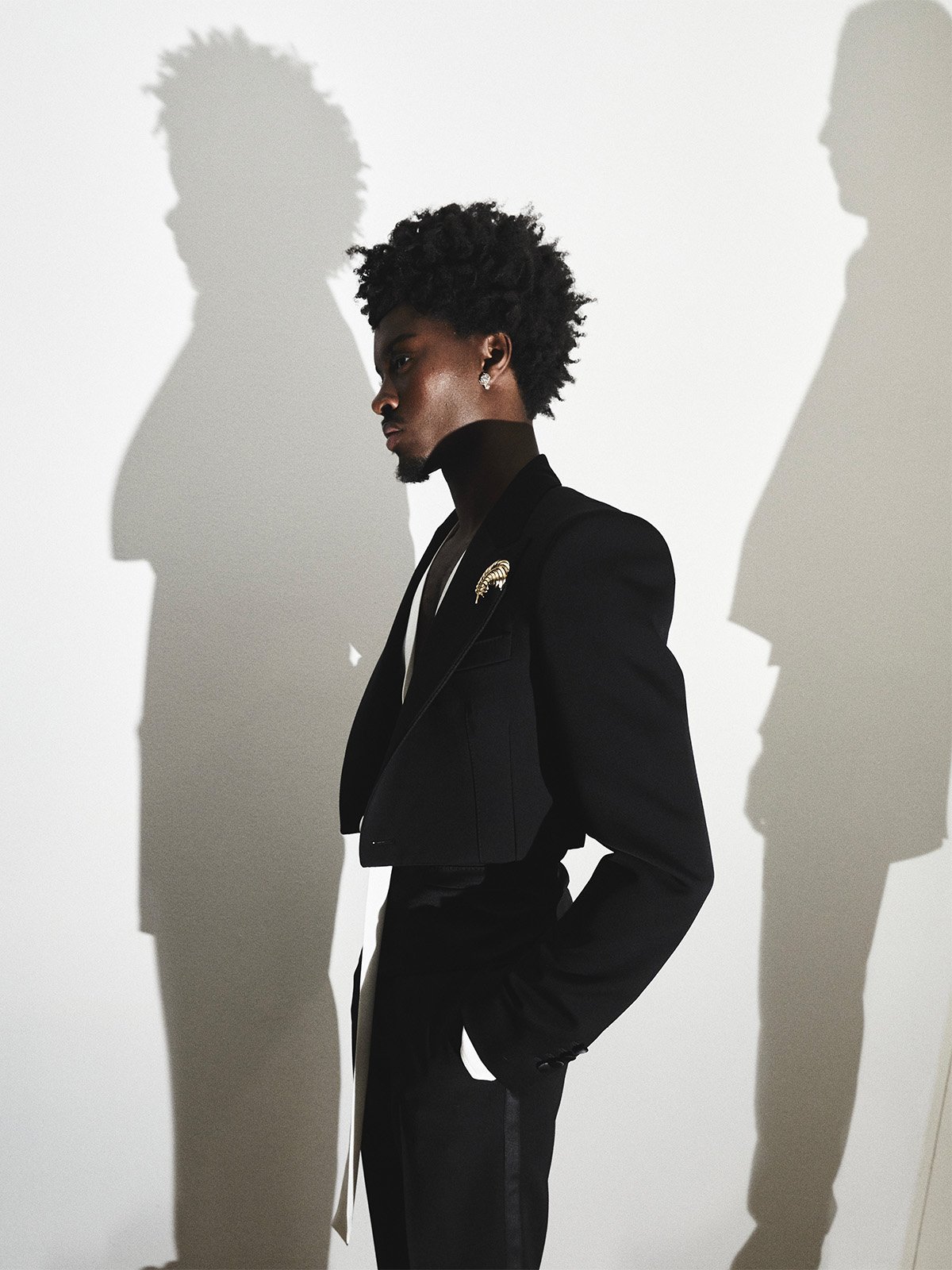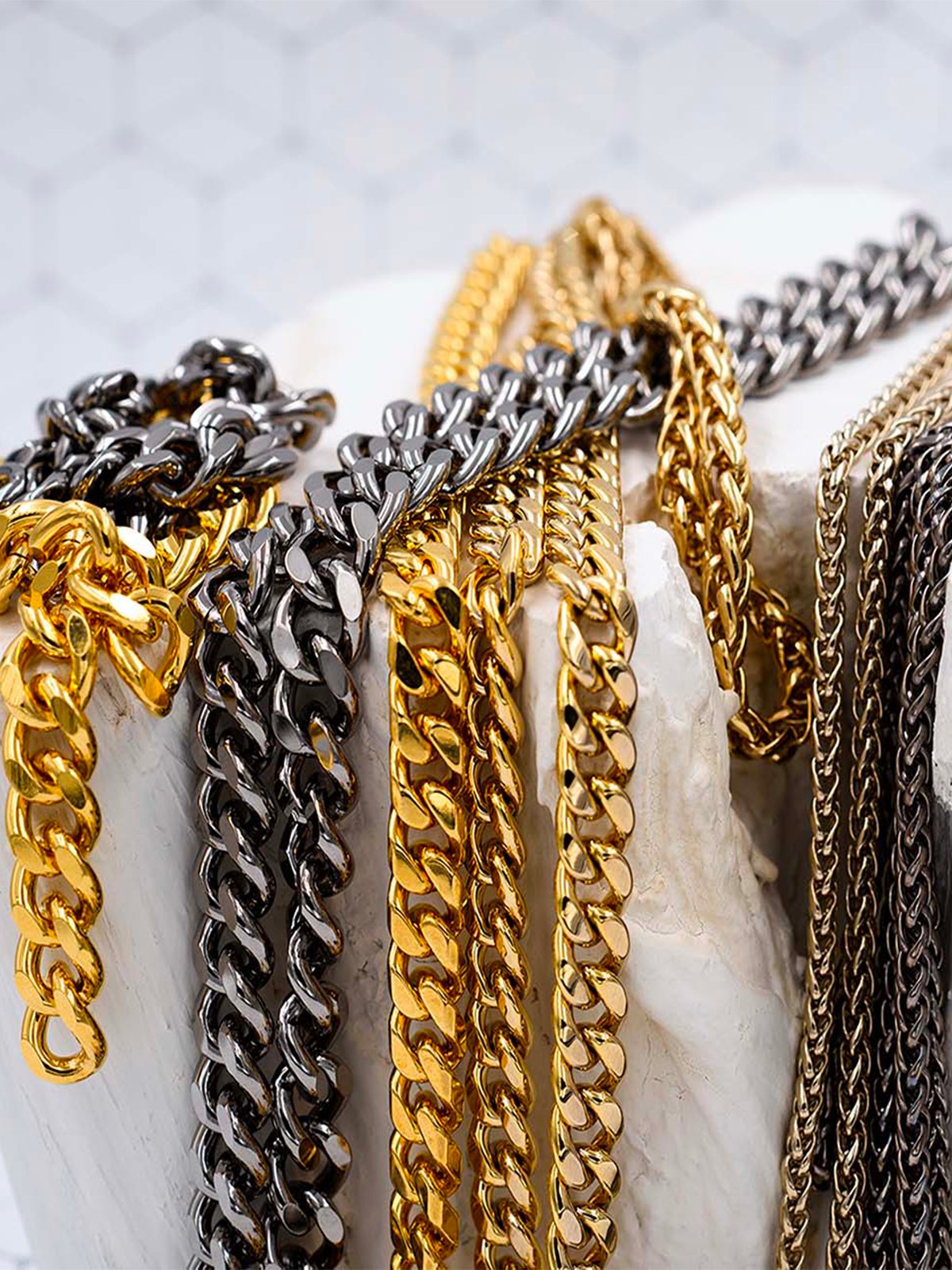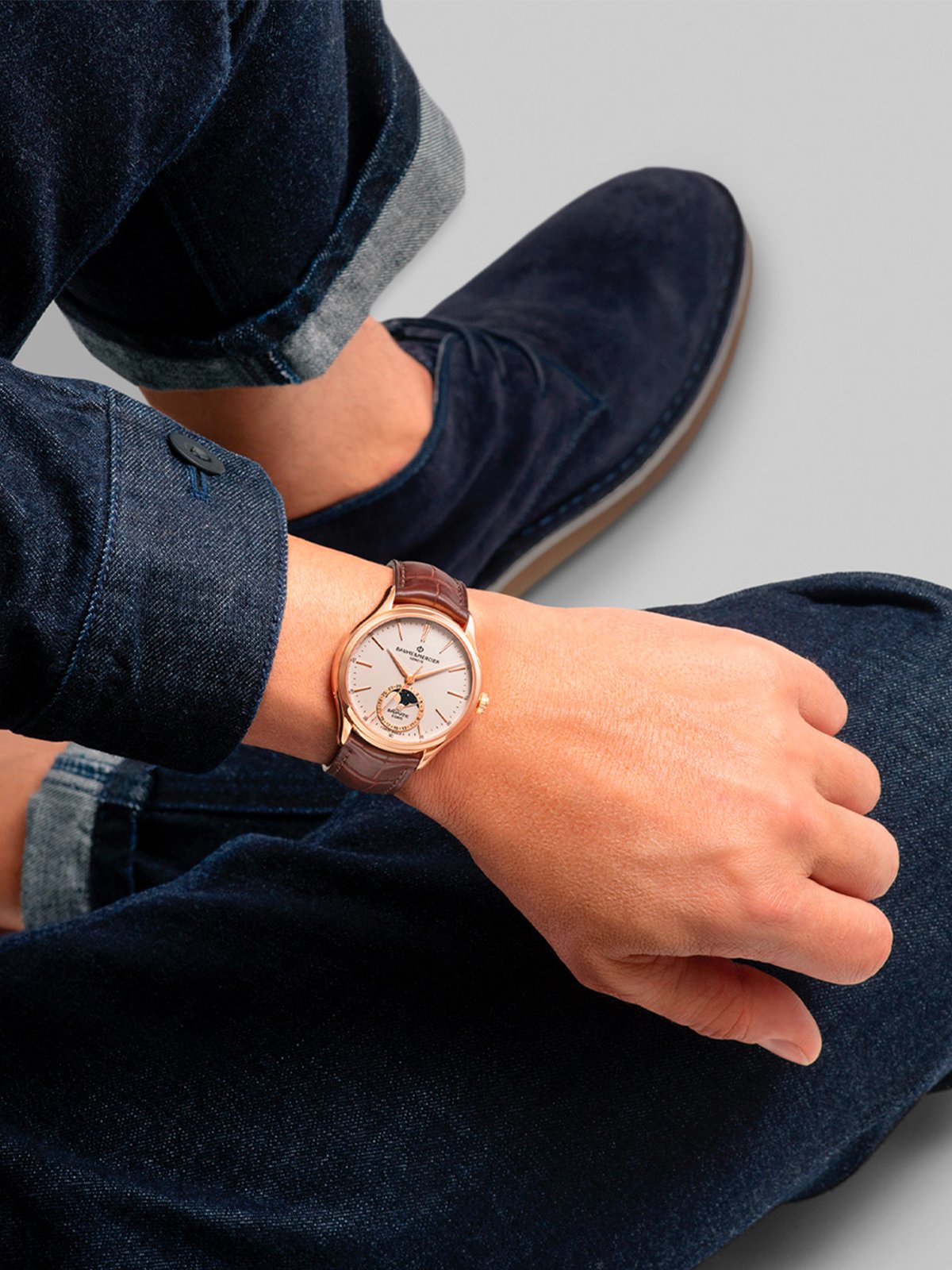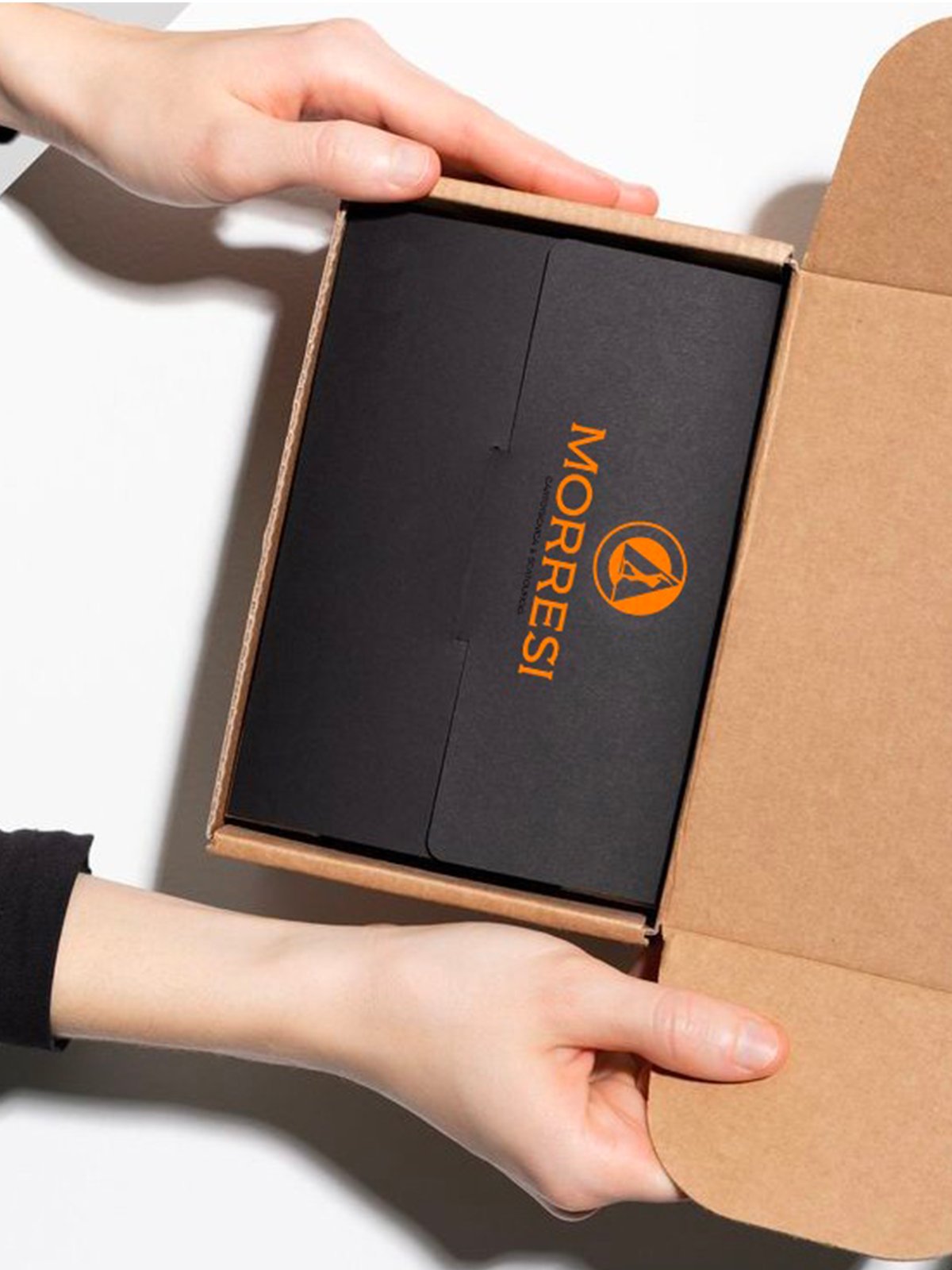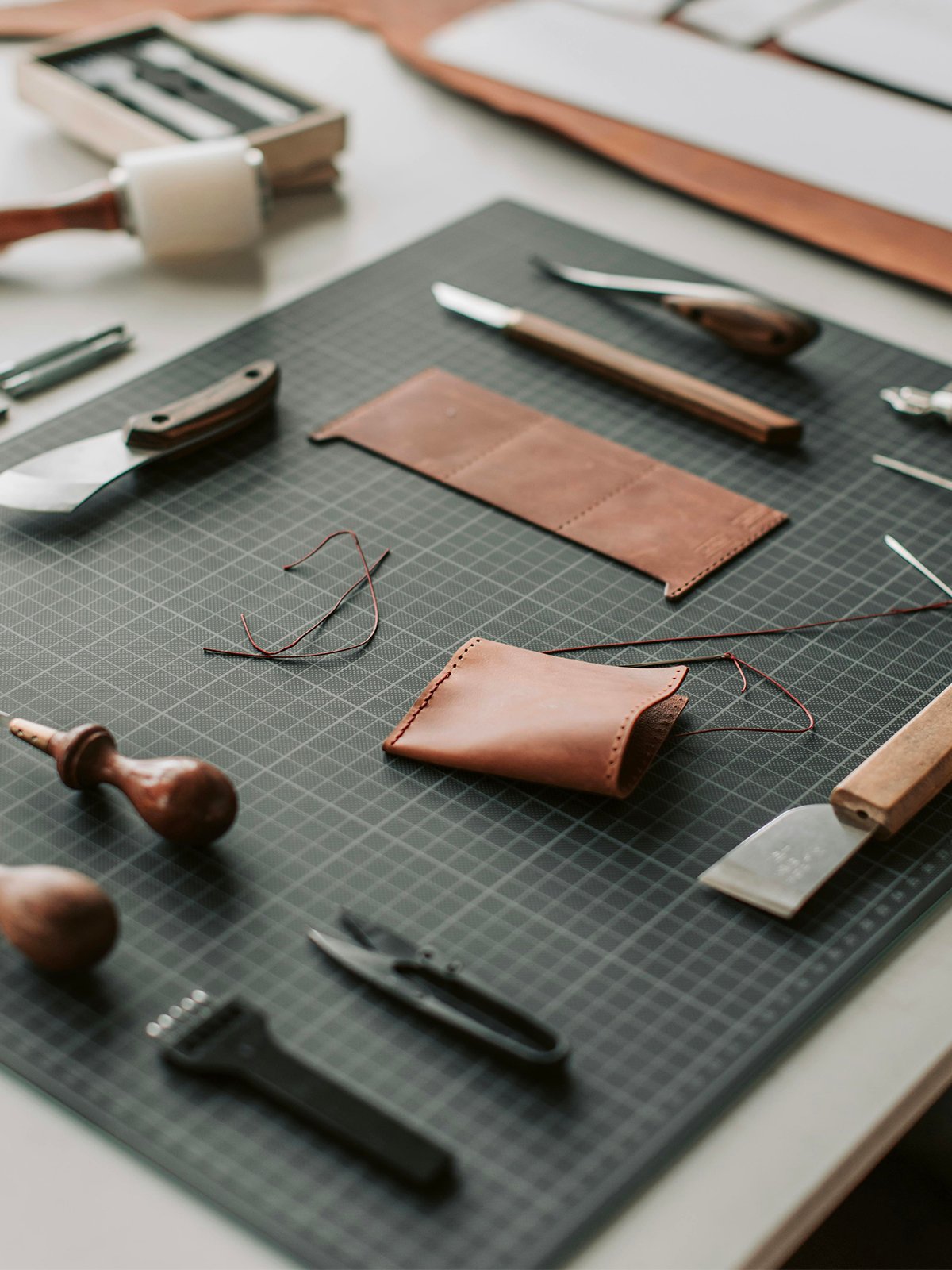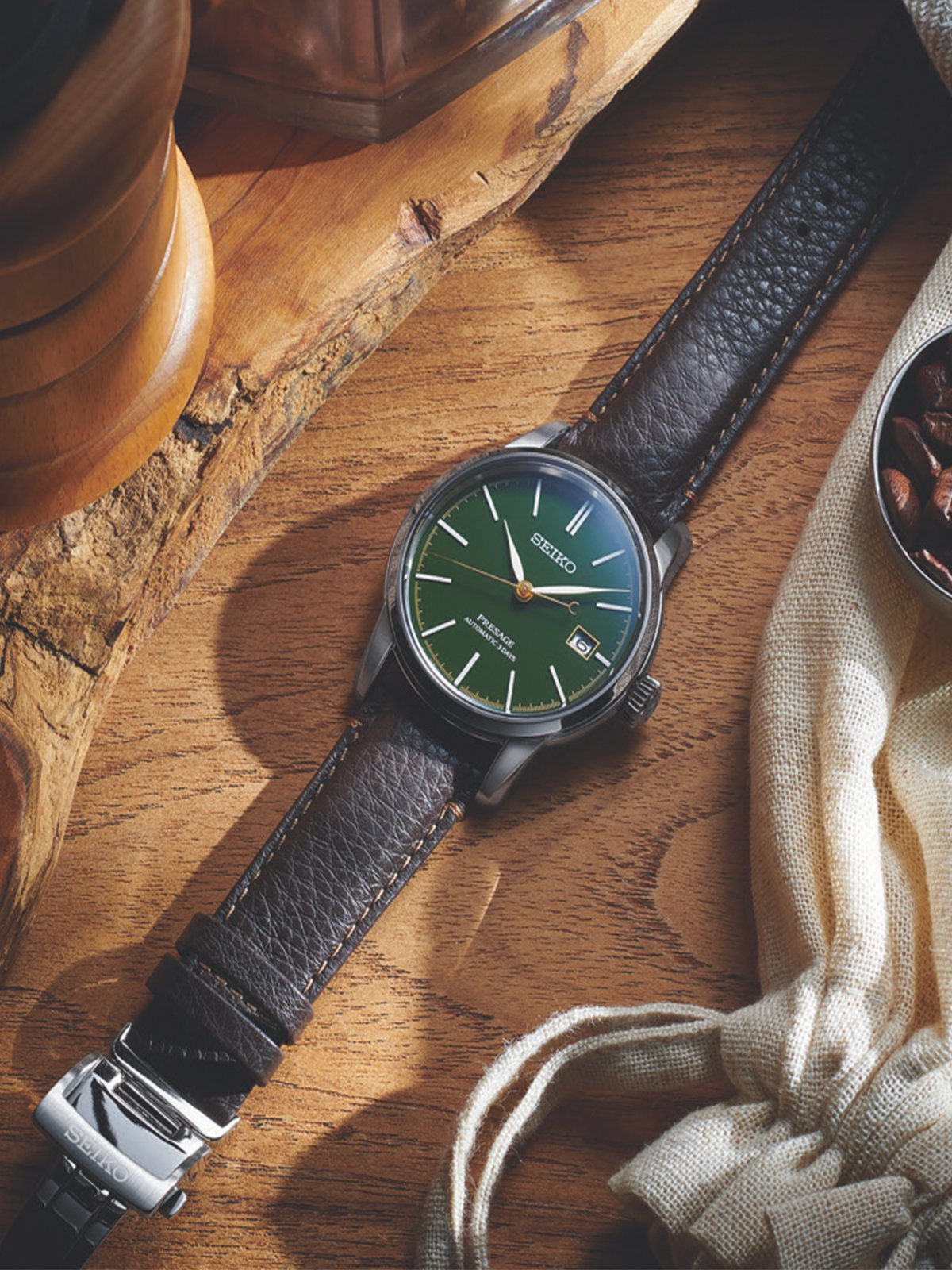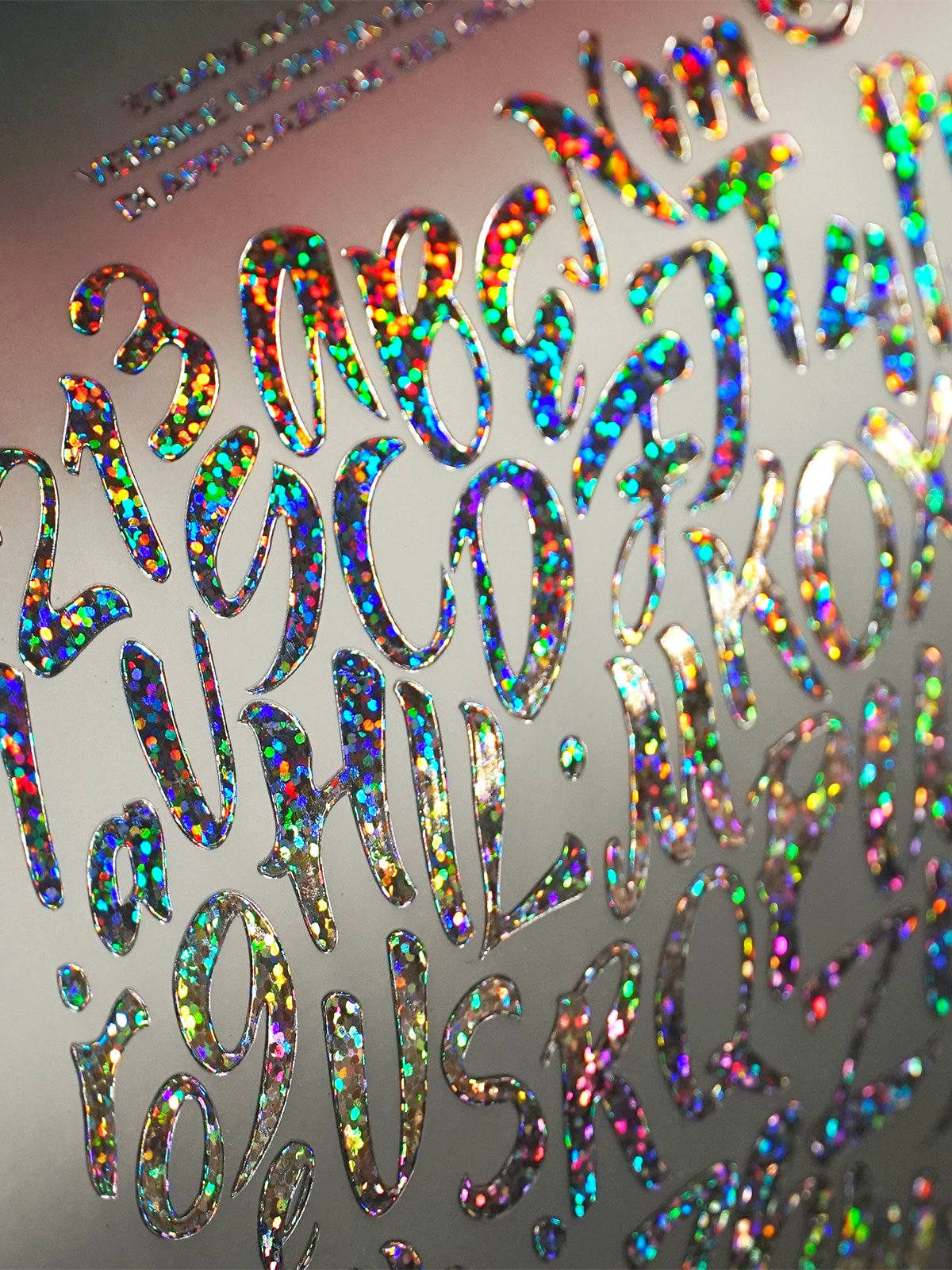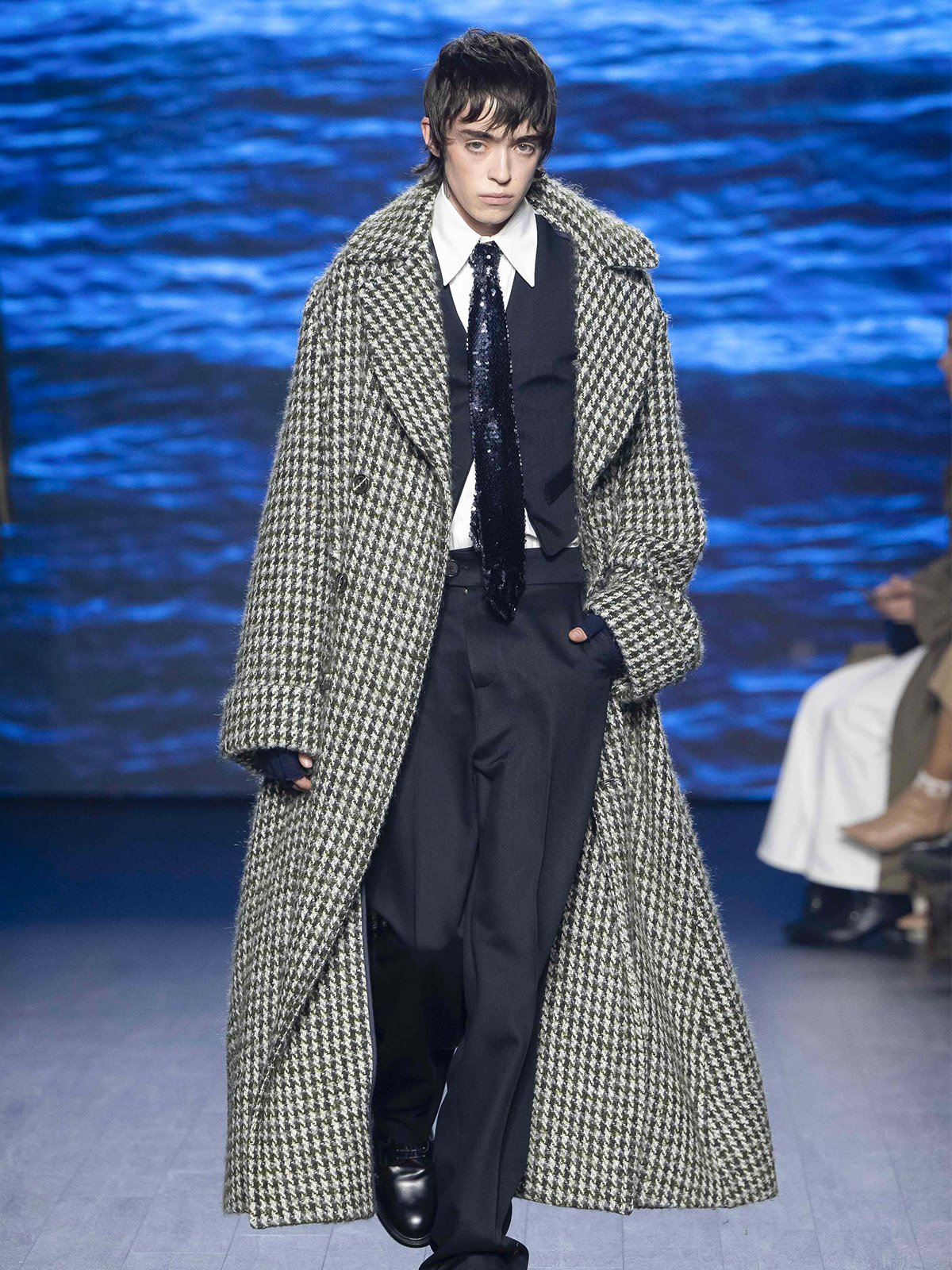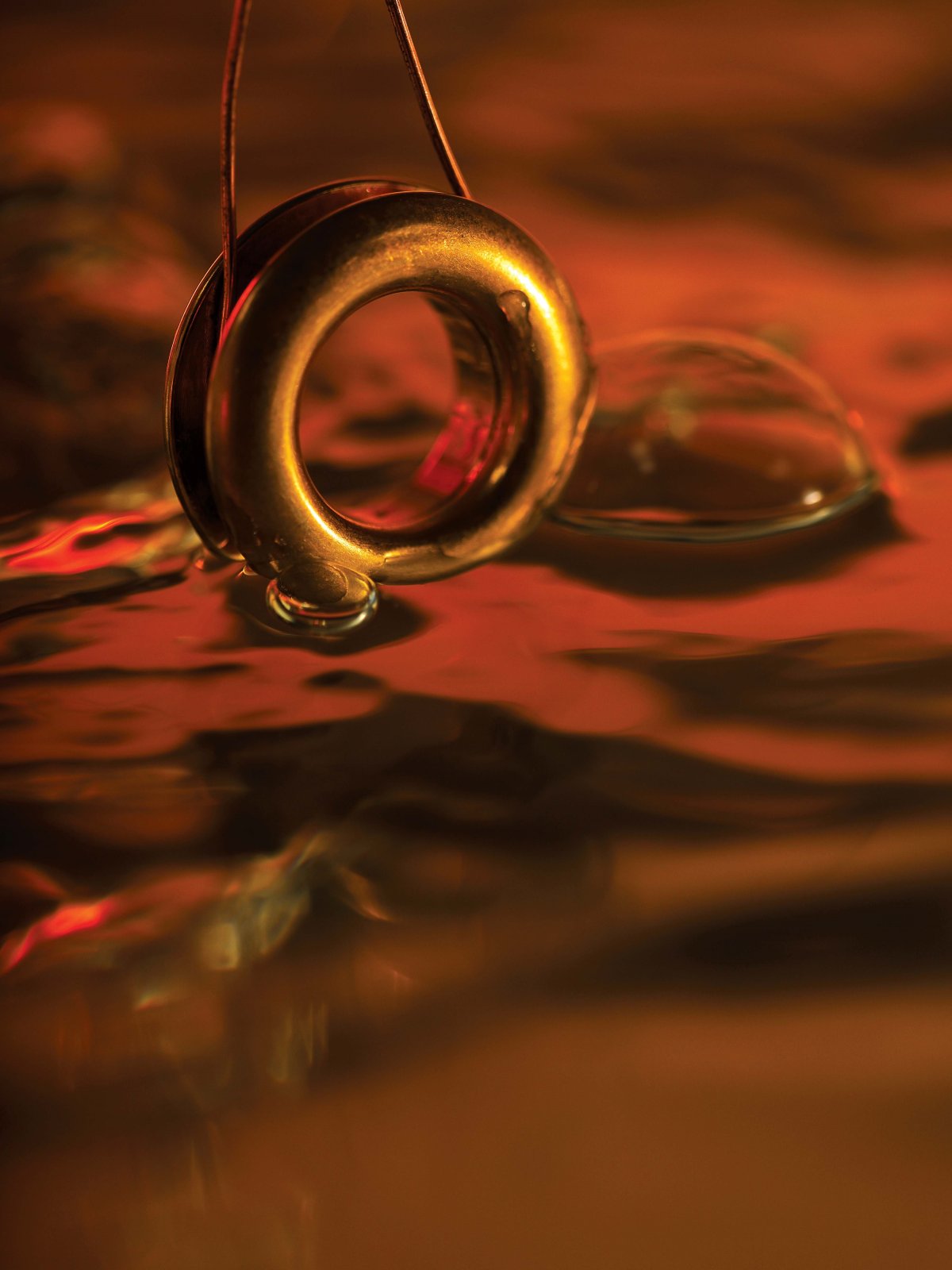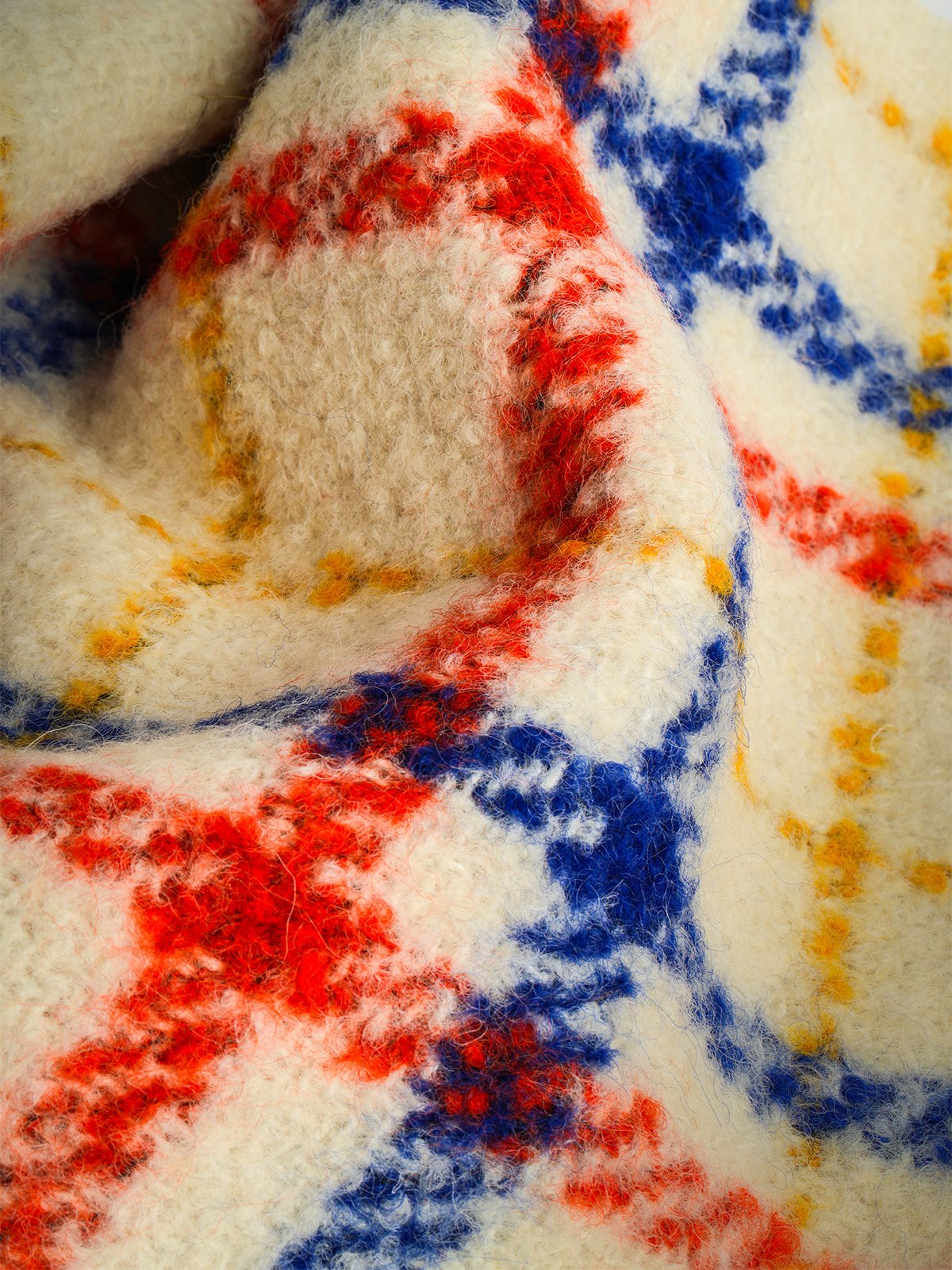News
Marco Trapani - CEO of EAM - talks about his company's challenges in the fashion accessories supply chain

EAM is an artisan company that offers state-of-the-art metal surface polishing services to major luxury brands. The accessories sector has suffered a sharp downturn in recent months, do you think anything will change in the new year?
I believe that the uncertainty and volatility that have characterized the market over the past two years, due in part to an unstable geo-political scenario, will continue to make any forecasts difficult again for the early months of 2024. Personally, I try to sniff the wind as a good sailing strategist would, I sense that it is changing direction, I see gusts here and there, but all around it is flat calm and it is difficult to tell what direction it will really take. As far as EAM is concerned, we can be very satisfied with the results achieved. We were clear that the 2022 turnover would be impossible to replicate because it was somewhat distorted by the post-covid recovery, but to date we have already exceeded the targets we set for 2023 and are close to the 2022 numbers
As we wait to see which way the wind will blow, what do you think needs to be done to arrive ready for the restart?
We all agree that we need to innovate. Every day in our supply chain and beyond, we talk about innovation, but it is not enough to name it for it to happen. Small businesses, which have the skills and know-how to contribute to this innovation, also need to be put in a position to do R&D and invest in new technologies. Subsidized finance and government incentives are certainly a help, but they are not enough. We need supply chain leaders who not only expect innovation from us but are also willing to pay for it. Some already do, but they are still not enough.
For example, I am noticing how brands are pushing accessory design toward increasingly complex geometries. I am getting new items to test with very sophisticated shapes. Welcome it, EAM is constantly looking for new challenges, but with the technologies and machining processes we have available today, it is difficult to achieve the shining that those who designed or designed the accessory expect. Even the next-generation machinery we have purchased, which could potentially give those results, needs further development to meet the needs of the fashion industry.
That a company with EAM's production capacity could self-finance itself to do research and development would be unthinkable, even if Marco Trapani had Mago Zurli running it instead of Marco Trapani. Nevertheless, with my T.EAM we also experiment and develop new machinery, but we get to a certain point and then we run into obstacles that are not only financial, but also process-related. If EAM could also bring its expertise and know-how already in the design phase of the accessory, or of machinery that will be used to process it, it would be easier and less costly for everyone to get to the results that brands expect.
Giving small businesses like EAM the financial support they need to be able to do research and development, getting them involved as early as the accessory design stage, what else do you have to say to brands and supply chain leaders?
What several of us have been saying to each other for a long time but does not happen enough: if we work with a common goal-quality-and with respect for each individual company that contributes its work to the final result, there is room for everyone. For years I have been working with client-partners who share these values, companies from which EAM has always received support, both in terms of workflows and recognition for the research and development work done. But, as I said earlier, these are just a few.
I also want to say to brands that they need to know how much each individual processing step really costs to get to the quality they want. That way they will understand that certain demands from small companies like EAM may seem out of the market, but they are not. It all depends on how you calculate the costs and especially whether you have all the information to calculate them correctly. Brands need to take back the helm of their supply chains, as they are already trying to do, so that they are run ethically and competently. Only then can they achieve the quality they desire. For several years, the management of the fashion accessories supply chain has fueled a downward price auction mechanism that has done no one any good. Certainly small companies like EAM have had to be very resilient and flexible to find the right balance between not going out of business and not giving up working ethically, pursuing the highest quality. Now that the wind seems to be changing, we feel we have a competitive advantage because we are increasingly aware of what needs to change in the way everyone, small and large, works. To those who are willing to listen, we have good ideas to share to make the change we need together.
You mentioned quality as a common goal to be pursued: what quality are we talking about?
There is a segment of consumers who seek quality in a broad sense. Not everyone has the technical perception of true product quality, but there are detail-oriented people who are looking for a kind of "enchantment" in their purchase that goes beyond the tangible product. When faced with a brand that does not offer them this "enchantment," they will prefer to turn to someone else. Speaking of "enchantment" is Riccardo Illy in his book L'arte dei prodotti eccellenti, referring to the kind of quality that distinguishes made in Italy. A quality made of dedication, patience and care that clashes with the "all urgent" attitude that has dominated our supply chain and beyond for years. Marina Capizzi, in her article in Sole 24 Ore last September, speaks of a "supply chain of anxiety," I think this expression well describes what we have suffered in recent years in the fashion supply chain and are still suffering. In the end, this brings us back to the values with which we want to do business: sustainable quality requires time, collaboration and respect.
We understand that for EAM, values come even before business. Is that the case?
Values are the foundation of our business. Doing business ethically has always been and always will be the value that encompasses all our values. In ethics there is everything: collaboration, respect, freedom, creativity, ... there can also be profit, if we all work ethically. Even in the most difficult times we have never given up on our values. We are not the only ones. Like many other small Italian family businesses we carry on our daily work more out of vocation than economic return. We have been forced (and still are) to take very high risks, including financial ones, in order not to lose our personal dignity, as well as to keep our companies going and contribute to the livelihood of the people who work with us. For decades we have suffered on our skin the proliferation of companies that guaranteed prices for polishing that were impossible to sustain if you do business according to our concept of ethics. Let's say that this situation suited many players in the supply chain. Now everyone, especially those in charge of brands, are realizing the consequences of this mismanagement and the negative impact it has had on product quality.
First she said that she seems to feel a few gusts of wind, but generally flat seas prevail. Now she let us know that this is not the first time she has had to steer without wind. What will she do this time to keep her course and bring the boat into port?
The only certainty I have is that the sea is too deep to drop anchor and the boat has to keep going even if there is no wind. At the cost of rowing with my arms, I have a very strong T.EAM to do so. I also know that despite the big business structuring and organization work done in the last two years, the rudder of my boat is still not fully calibrated and stable, and in times of crisis like this my hand trembles a bit. But I also know that I can rely on my compass to keep me on course, and if the compass stops working I can orient myself with the stars, those values we were talking about earlier. Sometimes following the stars (our values) happens to find ourselves navigating alone. If it happens, it will still be an exploratory journey that will strengthen us, and when the wind picks up again we will have more self-awareness and the hand on the rudder will be more secure.
The metaphor of the sea and the captain is very romantic but, concretely, what does EAM want to do to continue to exist?
I am a romantic and a passionate person, and I think that is also why I am still here, together with my T.EAM, trying to do "good business," despite the many obstacles we have faced over the years. But I am also very concrete. Made in Italy cannot be revived by simply bringing production back to Italy if there is no process ethic. Grounding a process ethic requires more than a romantic impulse; it requires reasoning and concrete work. First of all, the process needs to be traced, which, as far as I can see, has not yet been done synergistically in the fashion accessories supply chain. Tracing the process serves to bring out the critical issues present in the interaction between the different links in the supply chain and to improve the synergy between them for the benefit of final quality. Tracing the process also serves to reduce human subjectivity, to limit error due to approximation and free interpretation of parameters, which must be established anyway. Only in this way will we be able to stabilize processes and processing and arrive at repeatable standards that will lower costs and achieve sustainable quality levels.
With the construction of a 4.0 vibratory plant and the purchase of dry electropolishing machinery with DryLyte technology, EAM has espoused the transition to new technologies. The goal is to contribute to the development of mass polishing by capitalizing on the craftsmanship know-how we have generated over more than 20 years in the business. But without research and innovation it will not be possible to achieve this goal. In this regard, I think I have already said enough.
We are at the end of the year, what do you wish for EAM in 2024?
To remain the cutting-edge company that we are, to continue to evolve without distorting our DNA. To go through the transition we are experiencing aware of our strengths and areas where we can improve. Of continuing to work with clients and partners who have the same values as we do and maybe even finding new ones along the way. To be able to have an increasingly sustainable workplace that allows each and every one of us not only to bring home a paycheck, but also to gain more confidence, to be increasingly aware of our professional potential and our human value. I wish us all to find our place where we feel comfortable enough to be able to push ourselves beyond our limits in pursuit of well-being. "Being well" to me is to feel that every area of our lives--family, work, friendships, leisure, passions--is in harmony with all others. It does not mean not having problems, worries and disappointments, but having that basic serenity and confidence to learn and move forward from even the most difficult moments. I wish all of us to continue to be Estranged From the Mass (EAM), whenever it serves to preserve our dignity as people and professionals. To our clients, partners, competitors, and suppliers, I wish a happy holiday season and may 2024 be the year it should be! We will be there.
